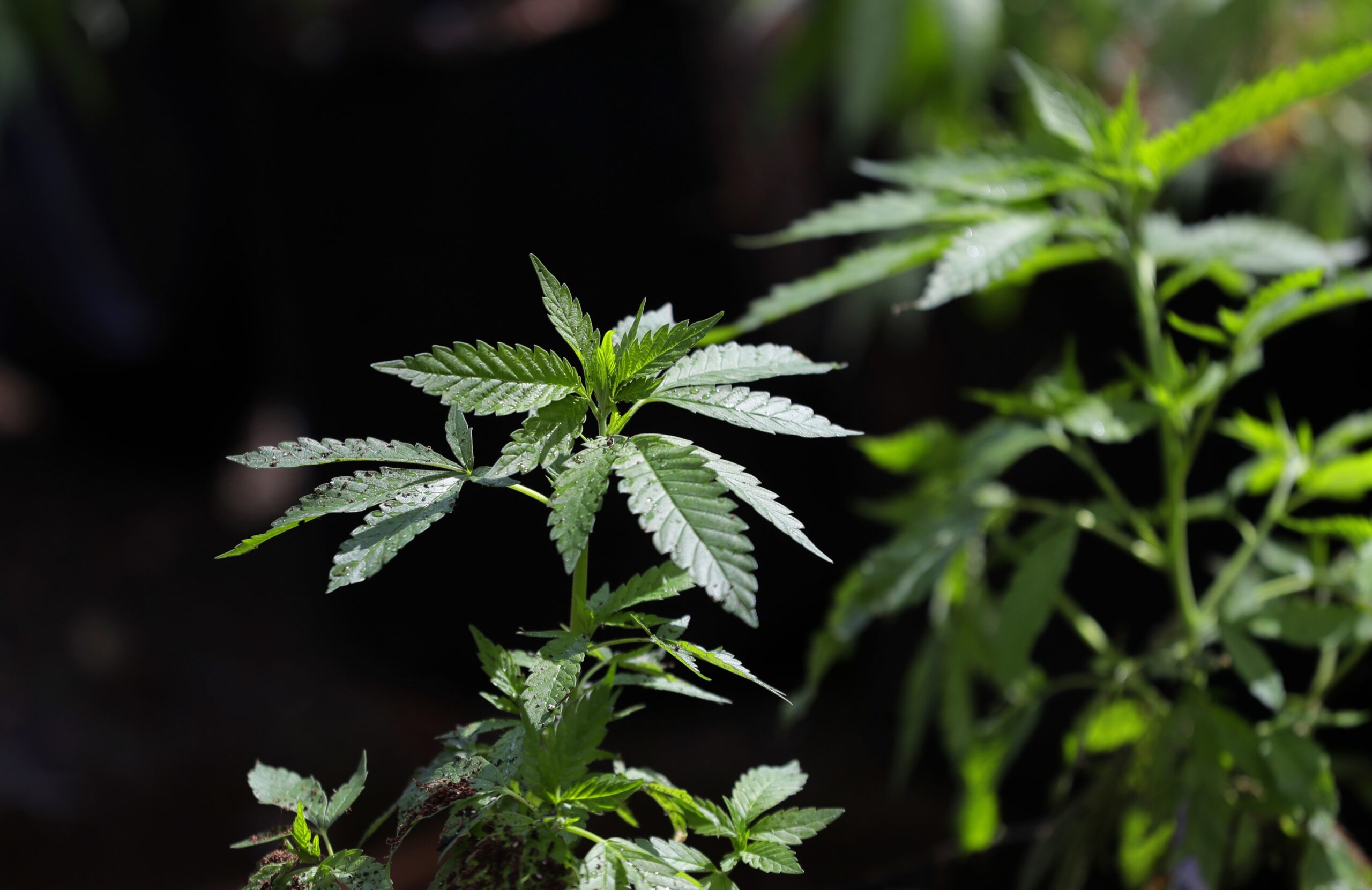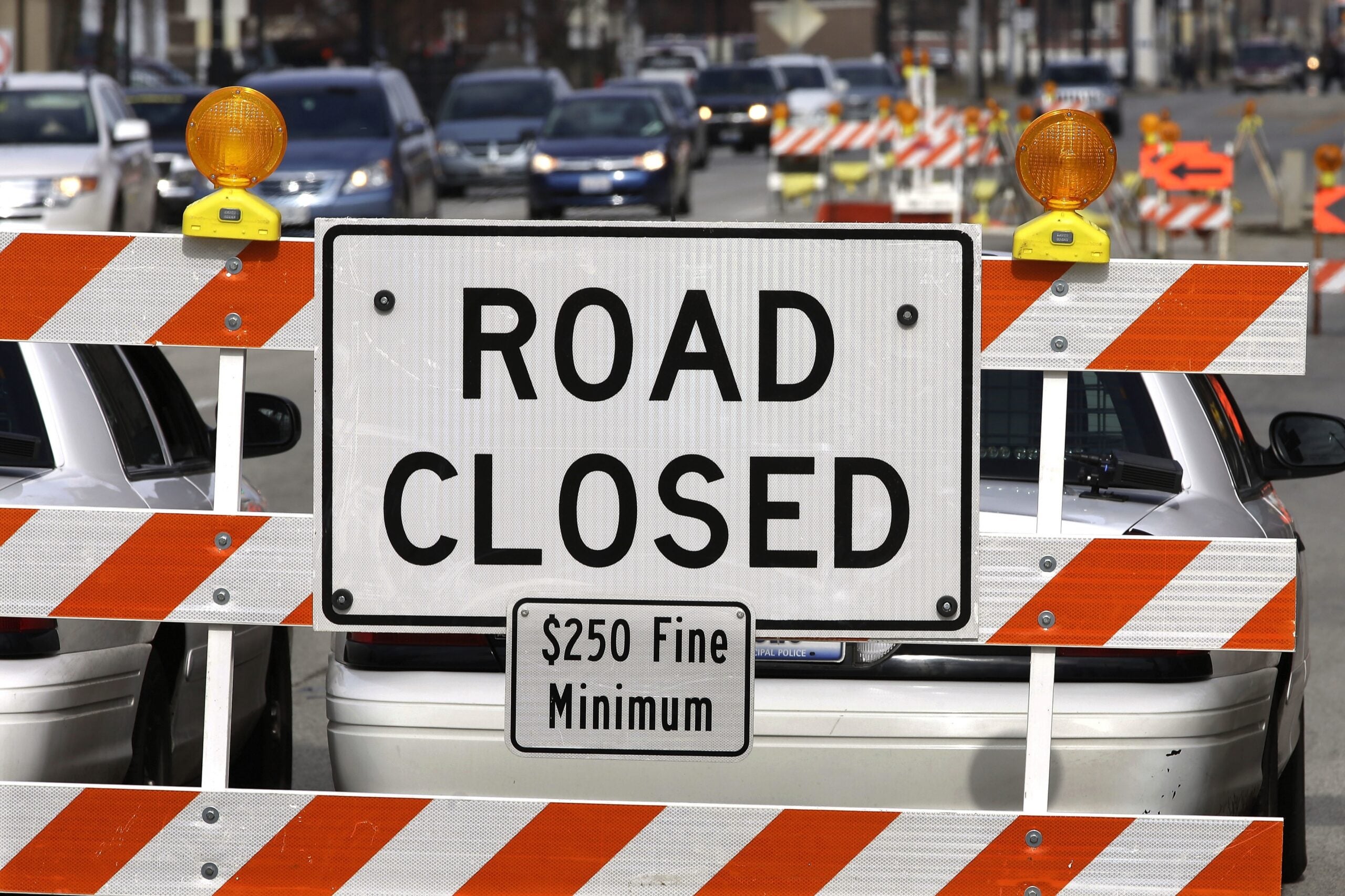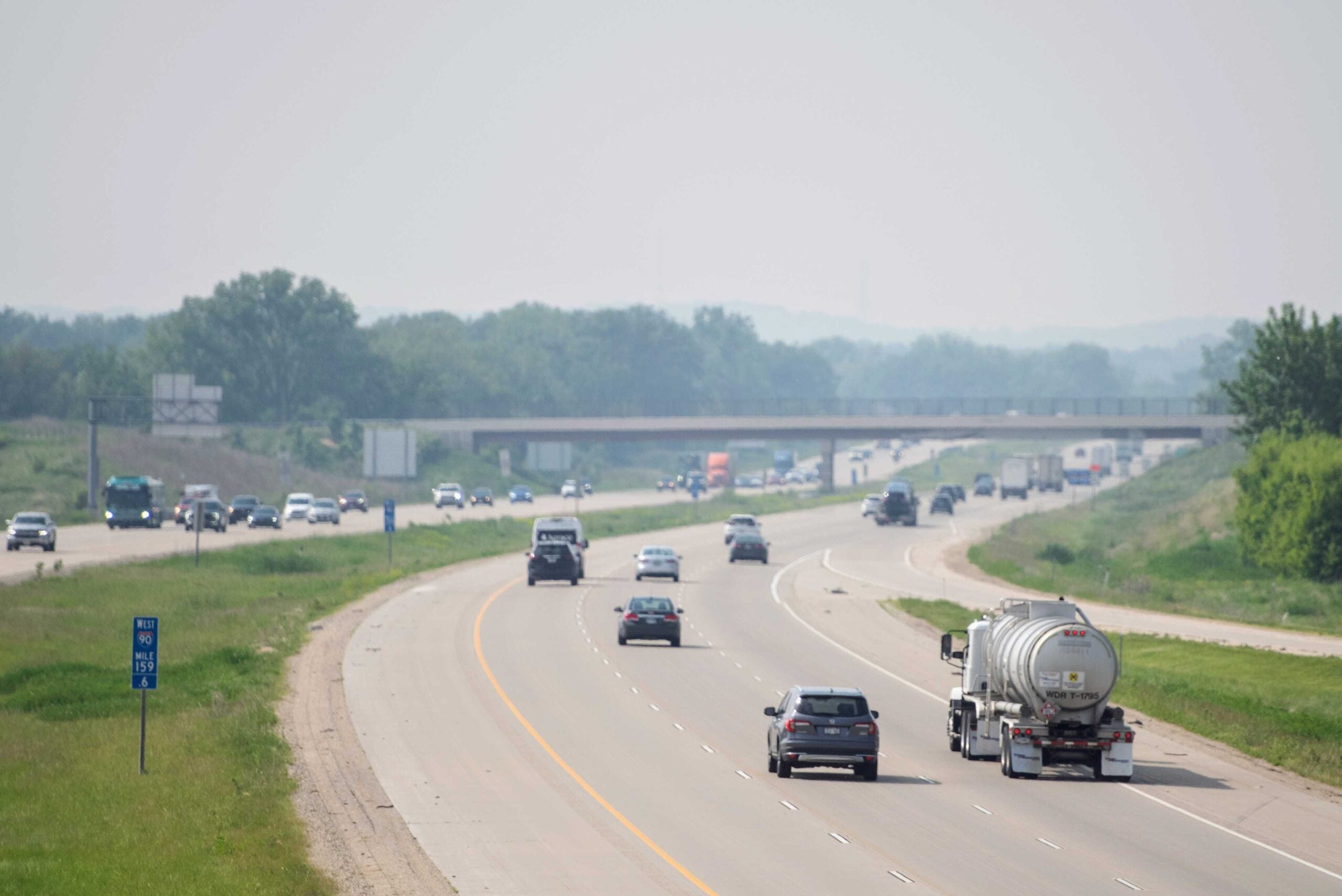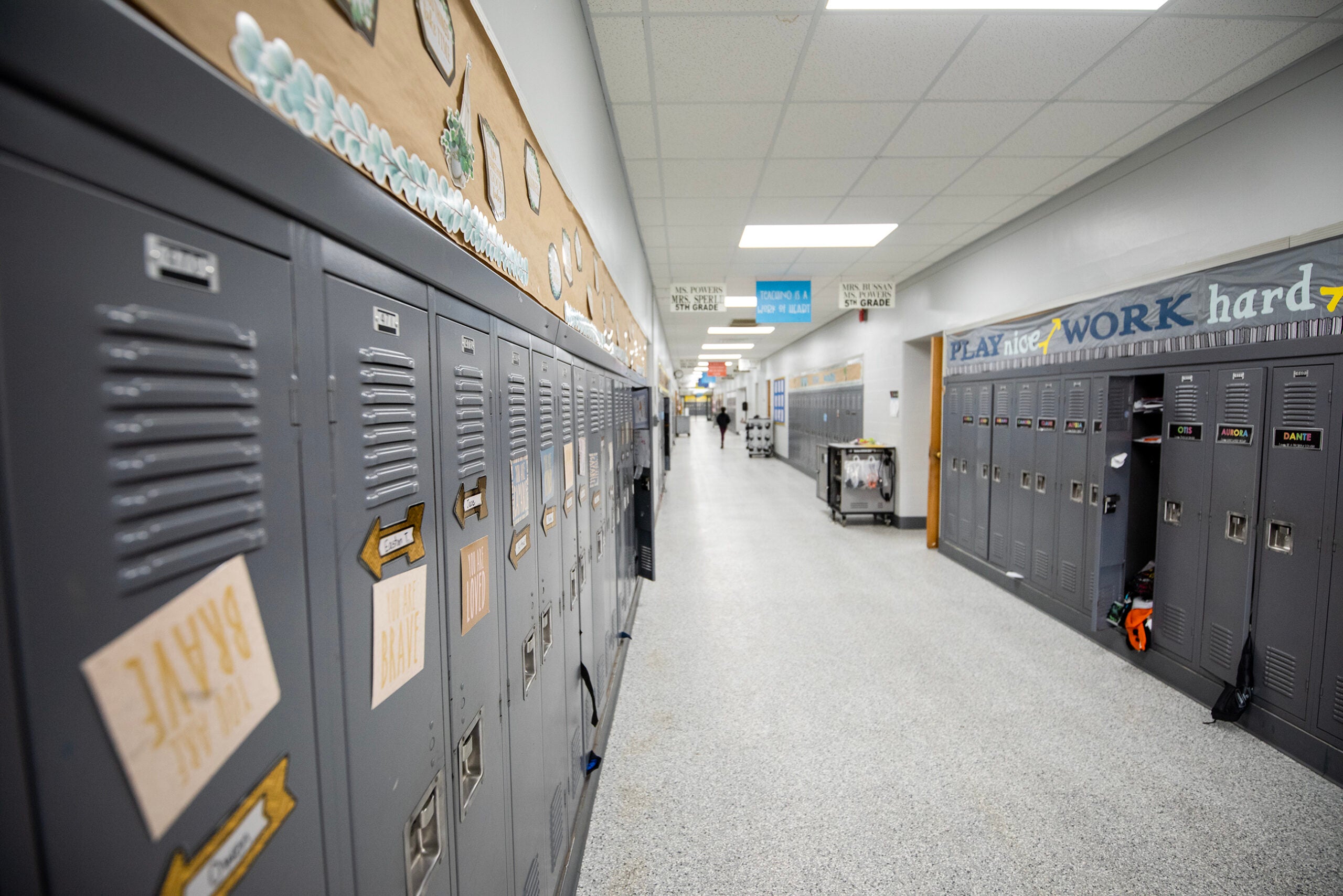Voters approved advisory referendums by large majorities in Wisconsin communities on Tuesday that asked whether lawmakers should legalize marijuana or close the so-called dark store loophole.
Marijuana Advisory Referendums
Voters in 16 counties and two cities in Wisconsin approved advisory referendums asking whether lawmakers should legalize marijuana for medicinal or recreational use.
News with a little more humanity
WPR’s “Wisconsin Today” newsletter keeps you connected to the state you love without feeling overwhelmed. No paywall. No agenda. No corporate filter.
A large majority of voters in Dane and Milwaukee Counties say marijuana should be taxed and controlled. Milwaukee County Board Supervisor John Weishan said legalizing the drug would create jobs and revenues for the state.
“But, also I believe that it makes the market safer. Just like any product, there’s consumer protection that goes along with these things,” he said. “I think marijuana that’s sold in a dispensary is a lot safer than a bag of marijuana that you may buy on some street corner.”
Seventy percent of Milwaukee County voters and 76 percent of voters in Dane County voted to legalize marijuana. Advisory referendums also passed in Brown, Eau Claire and La Crosse counties. La Crosse County Board Chairwoman Tara Johnson said voters sent lawmakers a clear message in communities where the ballot measure passed.
“The number of counties that took up the legislation, and the fact they represent over half the population of the state of Wisconsin … I hope the state Legislature will listen to the voters of Wisconsin,” she said.
Dark Store Advisory Referendums
Sixty percent or more of voters approved a ballot measure in 23 counties, cities and villages saying lawmakers should close the so-called dark store loophole. Business groups argue the property taxes of commercial properties should be measured similar to vacant or “dark” stores.
But Barron County Board Chairman Louie Okey is among those who says large retail stores shouldn’t be valued the same as vacant properties.
“If my house is abandoned, the bank is taking it back and it’s in foreclosure, then I think that house should be assessed at a lower value,” he said. “That’s the argument they’re using, but it doesn’t hold water because these big box stores are full. They’re making money.”
However, some business groups argue local governments shouldn’t assess a property’s value based on business income.
“Backdoor, the creation of a local income tax through the property tax is not only bad policy, but it’s illegal,” said Corydon Fish, tax director with Wisconsin Manufacturers and Commerce.
Dane County Board Chairwoman Sharon Corrigan disagreed that big box stores are paying more share of the property tax burden.
“It’s a way that large businesses, big box stores have avoided paying their fair share of taxes in communities and shifting the burdens of those taxes on to local homeowners in the community,” she said.
Fish argued state data from the Wisconsin Department of Revenue shows the tax burden is shifting from homeowners to businesses.
“Businesses pay more of the property tax burden than they did 10 years ago,” he said.
A Legislative Fiscal Bureau memo says both residential and commercial properties have shouldered an increasing share of the tax burden in the last decade. Manufacturing and other properties have seen their share of taxes decline over the same period.
Two bills that would have closed the dark store loophole failed this year in the state Legislature despite bipartisan support.
Oneida County Mining Referendum
Voters in Oneida County were asked in an advisory referendum whether the county should allow leasing of county land in the Town of Lynne for mining after conducting due diligence. Most voters — about 62 percent — were opposed.
If people had voted for the referendum, the county planned to proceed with establishing committees to evaluate potential mining opportunities for the Lynne property, according to Oneida County Board Chairman Dave Hintz. He said that would have included examination of the economic impact, available technology and finances of companies interested in the deposit.
“Because it was a ‘no’ vote, we will not proceed with that due diligence process to evaluate, to analyze the production of minerals from the Lynne reserve,” he said.
However, Hintz noted the county may re-examine the issued in the future. He said the county board took up a resolution on whether to evaluate development of the Lynne Deposit in 2012, but he said that measure was defeated.
“We’ll see what’s changed when it comes up again. How soon that will be, I have no idea,” he said. “For the immediate future, we will not proceed with investigating or analyzing the mining of the Lynne property.”
The Lynne Deposit in Oneida County contains around 5.6 million tons of zinc sulfide ore, lead and silver that could be extracted through an open-pit mine, according to the Wisconsin Department of Natural Resources.
The Lac du Flambeau Band of Lake Superior Chippewa has opposed mining the deposit, as well as the Great Lakes Inter-Tribal Council.
Wisconsin Manufacturers and Commerce has said a mine in Oneida County would have great potential for job creation and a positive ripple effect on industries that would supply the operation.
Wisconsin Public Radio, © Copyright 2025, Board of Regents of the University of Wisconsin System and Wisconsin Educational Communications Board.







